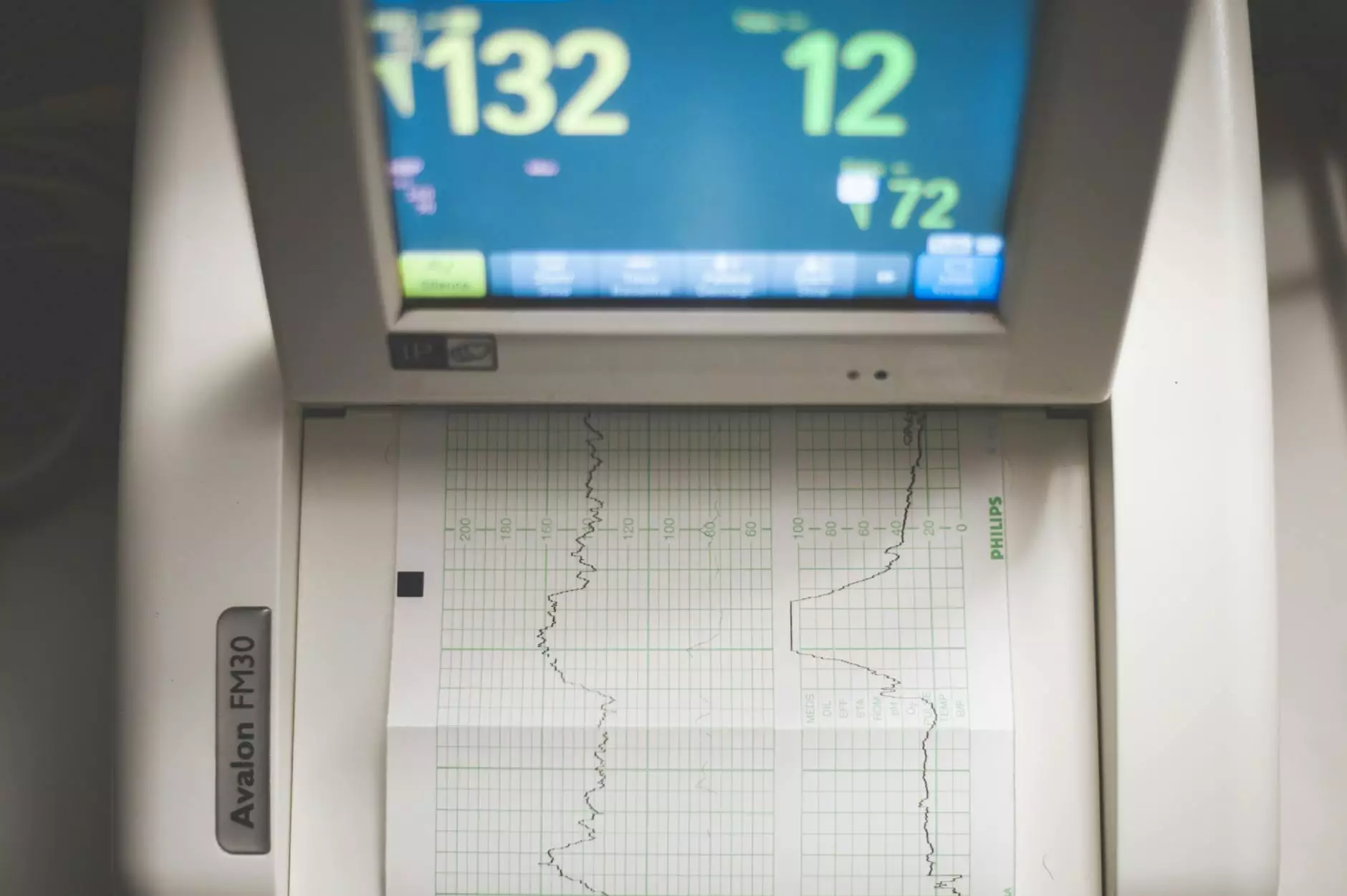The Importance of Heart Care Centers in Modern Medicine

Heart care centers play a vital role in the healthcare system by specializing in the prevention, diagnosis, and treatment of cardiovascular diseases. These centers are designed to provide comprehensive services that cater to the unique needs of patients suffering from heart-related conditions. With the increasing prevalence of heart diseases worldwide, the significance of heart care centers cannot be overstated.
Understanding Heart Diseases
Heart diseases encompass a wide range of cardiovascular conditions that affect the heart's structure and function. They can include:
- Coronary artery disease (CAD): This is the most common type of heart disease, caused by the build-up of plaque in the coronary arteries.
- Heart failure: A chronic condition where the heart is unable to pump blood effectively.
- Arrhythmias: Irregular heartbeats that can lead to serious complications.
- Congenital heart defects: Structural problems with the heart present at birth.
Given the complexity of these conditions, specialized care is imperative for effective management and treatment. This is where heart care centers come into play.
The Role of Heart Care Centers
Heart care centers provide advanced medical care that can significantly improve patient outcomes. Here are some key functions of these dedicated facilities:
1. Comprehensive Cardiovascular Services
Heart care centers offer a variety of services including:
- Diagnostic imaging (e.g., echocardiograms, cardiac CT, and MRI)
- Interventional procedures (e.g., angioplasty and stent placement)
- Cardiac rehabilitation programs
- Heart surgery (e.g., bypass surgery, valve repair, and transplant)
2. Preventative Care Programs
One of the most crucial aspects of heart care centers is their focus on prevention. They often provide:
- Screening programs to identify patients at risk of heart disease
- Nutrition and lifestyle counseling to promote heart health
- Smoking cessation programs to help patients quit
These preventative measures are essential for reducing the incidence of heart diseases in the population.
3. Cutting-Edge Research and Technology
Many heart care centers are also involved in clinical research that pushes the boundaries of cardiovascular therapies. This commitment to research allows these centers to:
- Implement the latest treatments based on evidence
- Participate in clinical trials for new medications and technologies
This ensures that patients receive the most advanced care available.
4. Multidisciplinary Approach to Treatment
Heart care centers take a holistic approach to treatment by involving a team of specialists that may include:
- Cardiologists
- Cardiothoracic surgeons
- Nurses specialized in cardiac care
- Dietitians and exercise physiologists
This collaborative approach allows for comprehensive treatment plans that address all aspects of a patient’s health.
Choosing the Right Heart Care Center
With numerous heart care centers available, patients and their families must make informed choices. Here are some factors to consider when selecting the right center:
1. Accreditation and Credentials
Ensure that the center is accredited by recognized body organizations. Accreditation signifies that a center meets established standards of care.
2. Quality of Care
Research the center's outcomes, patient satisfaction scores, and read testimonials from previous patients to gauge the quality of care provided.
3. Range of Services Offered
Select a center that provides a comprehensive array of services, including both diagnostic and treatment options.
4. Availability of Specialists
A diverse and experienced team of specialists is crucial for effective diagnosis and treatment. Look for centers that employ board-certified cardiologists and other specialists.
Connecting with Heart Care Centers
In today's digital age, connecting with heart care centers is easier than ever. Most centers now have online platforms that offer:
- Appointment scheduling
- Telemedicine consultations
- Access to patient education resources
This accessibility allows patients to receive timely care and stay informed about their heart health.
The Future of Heart Care
The landscape of cardiovascular care is evolving rapidly due to advancements in technology and medicine. Future trends in heart care include:
1. Telehealth Innovations
Telehealth has transformed how patients interact with heart care centers. Remote monitoring technologies allow for continuous patient assessment, ensuring timely intervention when necessary.
2. Personalized Medicine
The focus on personalized medicine means that treatment plans can be tailored based on an individual’s genetic makeup and specific health needs, offering a more precise approach to heart disease management.
3. Wearable Technologies
Wearable devices, such as smartwatches that monitor heart rate and detect irregular rhythms, are changing how patients manage their cardiovascular health daily.
Conclusion
In summary, heart care centers are essential in the fight against heart disease, which remains a leading cause of morbidity and mortality globally. Their comprehensive services, focus on prevention, commitment to research, and multidisciplinary approach ensure that patients receive the best possible care. When selecting a heart care center, consider factors such as accreditation, quality of care, services offered, and the availability of specialists. By doing so, you can ensure that you or your loved ones receive top-tier cardiovascular care, paving the way for a healthier future.
For more information, resources, and access to quality cardiology services, visit hkwwc.com.hk.









